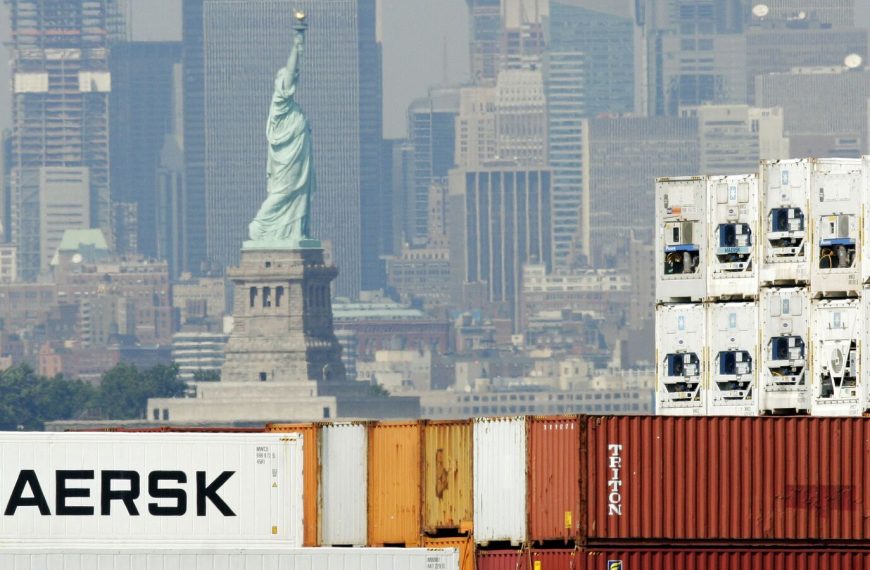India is currently taking a measured approach in response to President Donald Trump’s recent tariffs, prioritizing diplomacy over immediate retaliation. A government official revealed that India is keen on forging a mutually beneficial trade agreement with the United States, aiming to reduce tariffs and foster a cooperative economic environment. By emphasizing negotiation rather than confrontation, India believes it holds a strategic advantage in the region.
Focus on Bilateral Trade Negotiations
India’s strategy involves comprehensive discussions regarding both goods and services, with all options open for negotiation. The official highlighted that the government is engaging with exporters to gauge the anticipated effects of the new tariffs and is ready to provide support when necessary. This proactive stance is crucial, especially in light of Trump’s announcement of a 26% tariff on imports from India, which poses challenges for local exporters and threatens to deepen the current economic slowdown fueled by low consumer confidence.
- Key Points:
- India is prioritizing dialogue over retaliation.
- Aiming for a balanced trade deal with the U.S.
- Engaging exporters to assess the tariff impact.
Potential Relief Through Negotiations
While the newly imposed tariffs represent a significant hurdle for Prime Minister Narendra Modi’s administration, the prospect of a negotiated lower rate could offer some respite. Modi and Trump previously agreed to work towards a bilateral trade agreement by fall of this year during Modi’s recent visit to Washington. This commitment underscores India’s willingness to cooperate and make concessions, particularly regarding trade and immigration policies.
India vs. China: Different Approaches
In contrast to India’s restrained response, neighboring China has opted for a more aggressive tactic by imposing a 34% retaliatory tariff on all U.S. goods. This difference in approach highlights India’s unique position and its intent to navigate the current global trade tensions with caution. Notably, the NSE Nifty 50 Index performed better than many other Asian markets last week, suggesting that investors viewed the impact of the tariffs as less severe compared to other economies.
In summary, India is focusing on constructive dialogue and negotiation to address the challenges posed by U.S. tariffs. By seeking a fair trade agreement, the country aims to strengthen its economic ties with the U.S. while avoiding escalation in trade tensions.











